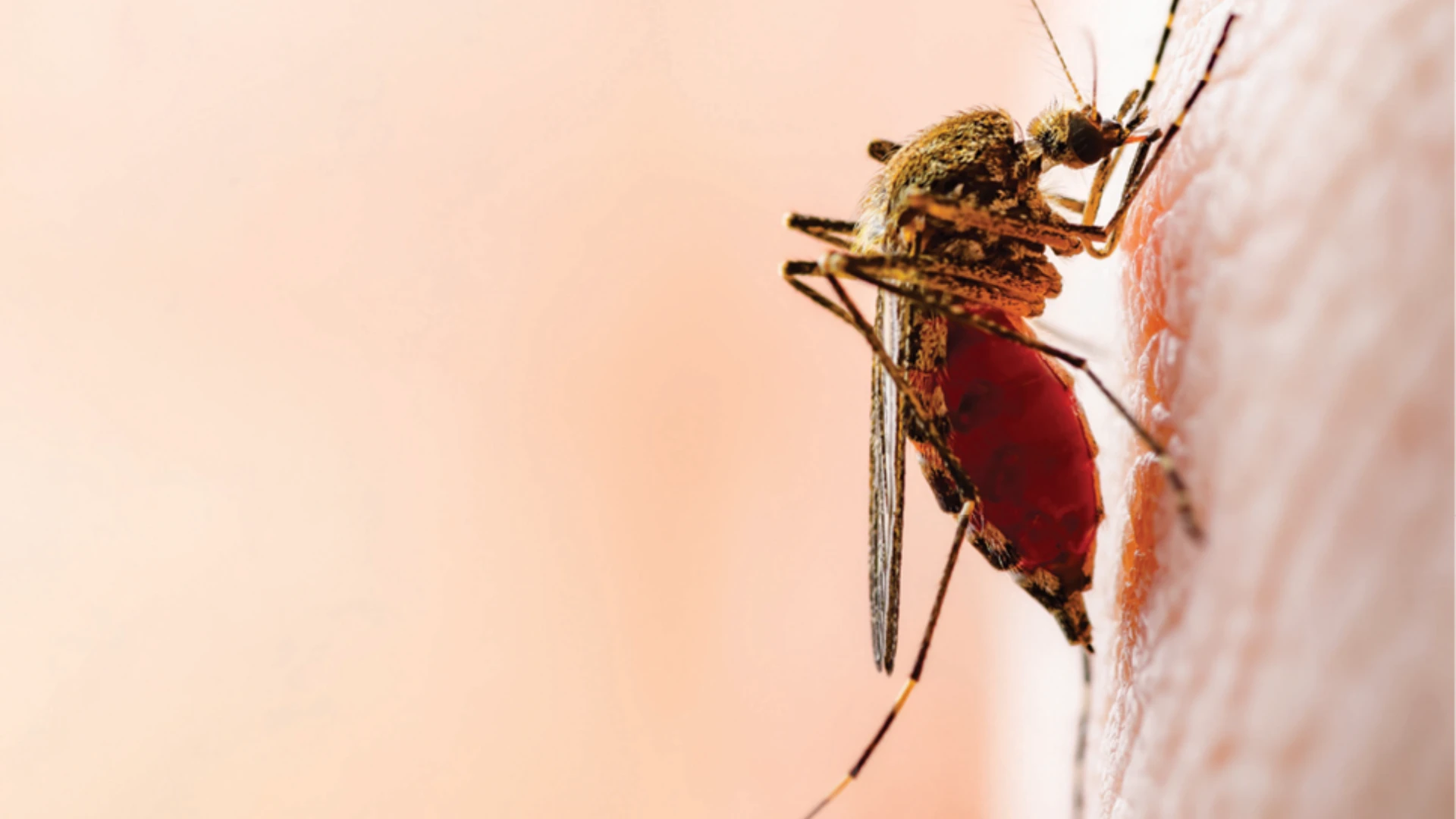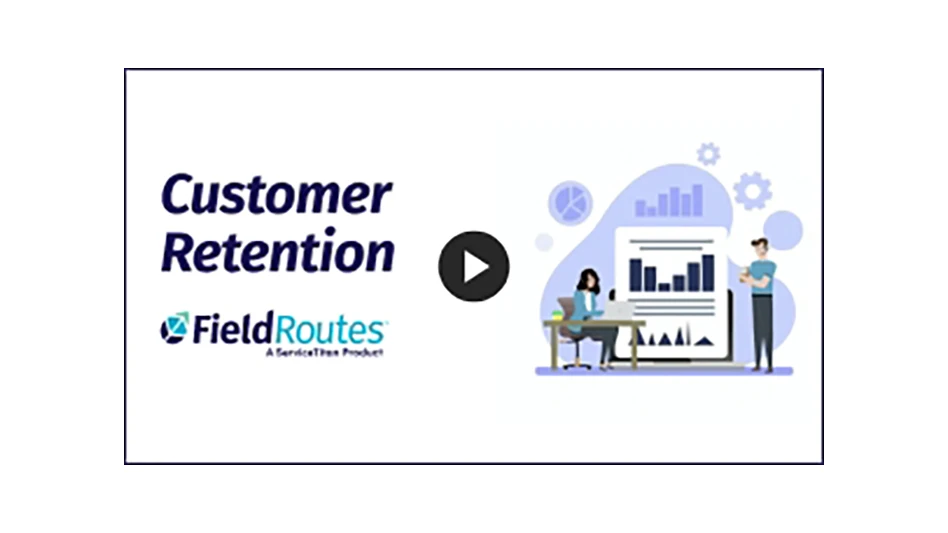
Have you ever had a relationship with someone where, time after time, the interactions you had with him or her left you frustrated or angry, where there was just chronic conflict?
Unfortunately, many people have had this experience. And in a family business, where there is ample opportunity for these exchanges to occur, the results of chronic conflict produce tensions that have consequences beyond the simple communication between two people.
The effects of chronic conflict seep into areas of the family and business that affect each system in an unhealthy (and unproductive) way as emotions that bubble forth before, during and after a specific conflict can usually be described in painstaking detail; confusion, anger, frustration, defensiveness, a need to prove, etc. The list goes on.
So, how do you manage conflict within the family business, especially when it becomes chronic and repetitive with the same people? How can you start to better handle that one sibling, that one cousin, that one uncle or aunt who drives you nuts? As with many things, the first step is that you want to change the outcome. The second requirement is to understand the role you play in this conflict. Understanding oneself requires a lot of introspection and practice. The difficulty with introspection is that it is grasped through the same perception lens which causes you to have your reactions in the first place. Many times, it is easy to justify your actions. However, justification is a shallow victory, rarely leading to lasting satisfaction. Understanding (and managing) yourself is the key step towards lasting contentment with constructive conflict interactions.
Fundamentally, it is our reactions to those frustrating others that get us all in trouble, particularly in family business situations. The solution is “just don’t react,” but it’s not that easy. We need to genuinely want to change because change will take real effort on our part. Our response in a chronic conflict situation has been so frequently repeated that it has in essence become a habit. And once a habit is formed, it is automatic and difficult to change.
A habit is formed when we encounter a cue, develop a behavior and then receive a reward. A habit serves many purposes, such as driving a car on the correct side of the road. But we also develop bad habits. The primitive part of our brain where habits reside does little to discern between good and bad habits; it just recognizes the cue, performs the behavior and receives the reward. In the case of a chronic conflict situation, an example of this would be: 1) the cue is that a decision has been made without your involvement; 2) the behavior is reacting to the point of yelling (or shutting down); and 3) the reward may be the relief of ridding yourself of the tension of the interaction or satisfaction of playing your role within the family system. In order to rewrite the cue part of the behavior, you must want to have a different outcome.
We all develop roles within our family, and we sometimes begin to play those roles on autopilot. The caretaker tends to be the caretaker; the jerk is always the jerk; the one who needs to speak up to the jerk for the betterment of everyone else is always the one who speaks up to the jerk.
When these roles lead to dug-in automatic responses, they reduce flexibility and start to undermine the functioning of the family and business system. Even if the family agrees there is a problem, change is hard because there is pressure in the family system to maintain the status quo. When you actively try to change a pattern, the automatic behaviors are disrupted, which will cause anxiety within the system. Any change within a system brings anxiety, and anxiety is hard to withstand. It is easier (and self-preserving) to get out of the discomfort. When pressure gets too intense for any one person and anxiety is high, the tendency is to fall back on the automatic behaviors — the same behavior that has caused us the troubles in the first place. We revert to our habits: cue, behavior, reward (good or bad).
In fact, anxiety, left unmanaged, can hijack your ability to think — when you are anxious you act, largely bypassing thinking. To top it off, when your emotions are aroused, it takes a while for your physiological sensations to dissipate (think racing heart, tense muscles...). So, if something happens to provoke your emotions, and then something else occurs before the first arousal has time to diminish, your reaction is not even starting from a baseline.
BEING “PRE-AGITATED.” Given this, it is worth noting that the brain cannot differentiate all that much between what we imagine and what we perceive, so just imagining the potential conflict with someone (steeling oneself for the interaction) can get you in a state of agitation. When the actual interaction does occur, you’re already “pre-agitated.” To keep from falling into that bad habit, you need to manage that within yourself, manage your emotions so they have the chance to dissipate before you begin the actual interaction.
While some 40 percent of our daily behaviors are habits, we can change the way we interact in those chronic conflict situations if we work at it. This is where self-awareness comes in. The limbic system is a part of our brains that is primitive, with no role in true thinking. It can and does “hijack” our emotions. But scientists also know that the pre-frontal cortex, the part of our brain coined the “executive functioning,” is also where emotions are managed. We can help our pre-frontal cortex change our emotional reactions to create new pathways and new behaviors, when our cues are triggered. We do this in part by imagining a different outcome. Scientists have demonstrated that we make very few distinctions between outcomes we imagine and what we do. This is why elite athletes rehearse tournament success in their minds constantly. They think their way to victory. Likewise, you can use your powers of imagining and visualizing to change a toxic, habitual relationship.
Can you imagine a person with whom you tend to have conflict? Imagine an episode and how it ends? Can you imagine a different outcome? Can you change your habitual path? You can practice during times of less stress to develop pathways that bring you to a more constructive end point (your behavior), which still receives a reward (better relationships), even when you are under stress.
Think of past events. What was the outcome? Can you imagine a different ending? Can you write a different ending and keep practicing it until it becomes a habit?
The concept is simple, change, but it is terrifically hard to do. It takes motivation to change. It takes awareness and it takes practice. Remember that your chronic reactions are mostly habits, and habits can be changed.
Here are some suggestions on how to change chronic conflict interactions:
- Identify the cues (parent, sibling, cousin) that heighten your anxiety;
- Identify what their particular behavior is that causes you to get anxious (trigger);
- Identify your own behavior after being cued and becoming anxious (reacting, shutting down, cutting off, yelling);
- Identify ways to modify your behavior and write them down. Study them. Imagine the whole scenario. Imagine the ending in a constructive way;
- Identify ways to modify your own behavior when you are cued in anxious situations.
What are some ways to identify your cues?
- Keep a diary of your conflict. Be as detailed as you can. Describe your feelings — what your body was feeling. Did you get laser-like focus where your argument felt crystal clear? Did you get cloudy in your thinking? Did your body feel like it had an adrenalin surge? Were you shaking after? What was that point in which you felt the flood gate open?
- Ask your significant other what sets you off and what you tend to do. Can you have them describe what you do? Can you have them point out a good response, a bad response?
- Ask others. Ask those whom you trust. If you can’t quite face what they will say, have them give you a note with bullet points. Ask them to be specific. You can develop two to three very specific questions that they can answer easily in a way that you can accept and process.
It is so easy to point fingers at others. And in some cases, it is completely justified. But that is not the point. The point is to change the outcome and live with more contentment. And to change the outcome, one of the components has to change. Take the laws of mathematics: 2 + 2 = 4. Always!
Only when we change one of the components does the sum change. While a simple math problem is not the same as a human interaction, when conflict becomes chronic is it simple because we behave in automatic ways. The one component in this situation over which we have any control is ourselves, so the best approach is to look at ourselves if we truly want to change the outcome.
While it is hard to overcome the anxiety and automatic-response habits we have developed over the years, we each, individually, have the power to effect change over ourselves if we truly want it. While it takes effort to understand yourself and it can feel unfair that you are the only one making a real effort to change, the goal is to have a better experience in both your family and business. There is a lot at stake for you, for your family, for the business. The active engagement of your rational brain to override some of the bad habits and automatic behaviors that make up chronic conflict can make a big difference.
Deb Houden, Ph.D., is a senior consultant with The Family Business Consulting Group, Inc., a leading management consulting firm serving the unique needs of multi-generational family businesses worldwide. This article originally appeared in The Family Business Advisor Newsletter here.

Explore the June 2017 Issue
Check out more from this issue and find your next story to read.
Latest from Pest Control Technology
- VAGA's 8th Annual Veterans Thanksgiving Appreciation Dinner
- Clark's Blair Smith on the Response to Increased Dengue Fever Cases in Southern California
- WSDA, USDA Announce Eradication of Northern Giant Hornet from U.S.
- Ned’s Home Acquires Ultra Safe Pest Management
- Bed Bugs & Dirty Clothes
- Boston is Latest City to Adopt Liphatech's IGI CO₂ Technology for Rodent Abatement
- Northwest Exterminating Placed Wreaths for Fallen Veterans
- UT Arlington Study: New Bed Bug Genome Analysis May Help Prevent Outbreaks





